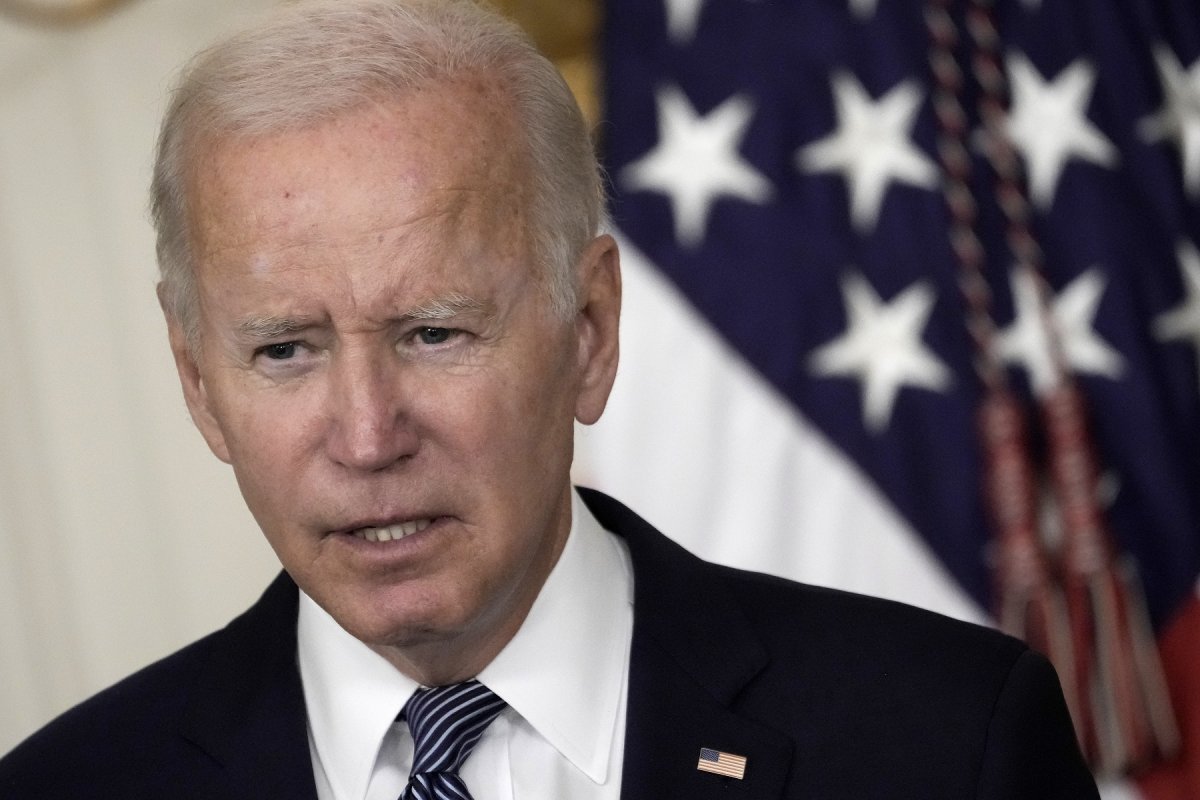The Biden administration's reported plans to stop buying COVID vaccines and turn availability over to the private sector could make vaccine uptake worse, experts have said.
On August 16, CNN reported that Dr. Ashish Jha, the White House's COVID response coordinator, said at an event that the government was working on getting out of the "acute emergency phase" of the pandemic in which it was buying vaccines, treatments, and tests for the public to use for free. Instead, these products would move to the regular U.S. healthcare system.
"My hope is that in 2023, you're going to see the commercialization of almost all of these products," Jha was quoted as saying at the event, which was sponsored by the U.S. Chamber of Commerce Foundation.
The COVID coordinator added that some of this shift could begin as early as this fall, though most changes would only become noticeable next year.

At the same time, Jha added the government had raised money to buy updated booster shots for the BA.5 variant, which he expected to be ready in early- to mid-September and urged all U.S. citizens to get them once they're available.
The reported plans for a shift to commercialization of vaccines comes at a time when just 51.6 percent of U.S. adults have been fully vaccinated with a booster shot, according to the Centers for Disease Control and Prevention (CDC). In addition, 33.7 percent of U.S. adults aged 50 or over have received the second booster shot, which was recommended to people in that age group back in March.
Dr. William Schaffner, professor of preventive medicine in the Department of Health Policy at the Vanderbilt University School of Medicine, told Newsweek that commercialization of COVID vaccines would do little to improve these vaccination rates.
"I am very concerned that putting COVID vaccines on insurance will reduce the acceptance of the updated COVID vaccine across the board, but particularly among disadvantaged populations," Schaffner said. "Many persons do not have medical insurance and some insurance programs require co-pays. Putting COVID vaccines on insurance will raise issues of equity. Minority and ethnic populations will not be able to take advantage of the new updated COVID vaccines as readily as better-advantaged people will.
"Even with the currently freely available vaccines, we are having difficulty breaking through the 'vaccine fatigue' to get people to accept boosters."
The point was echoed by Abram Wagner, a research assistant professor of epidemiology at the University of Michigan who studies vaccine hesitancy.
He told Newsweek: "Requiring insurance for COVID-19 vaccination will likely have a detrimental impact on efforts to increase uptake and get people booster doses. Even though the vaccine will be covered by insurance, it adds an extra layer of inconvenience to get the vaccine. The benefit of public funding for COVID-19 vaccination is that anybody can go into a pharmacy and, without much effort, get a vaccine."
Wagner said that while the country is "slowly chipping away" at getting people vaccinated and coverage has increased amongst certain vaccine-hesitant groups like Black Americans and white conservatives, the country is likely facing a situation in which regular booster shots will be required for COVID—similar to how the seasonal influenza vaccine works.
"I don't see vaccination numbers dipping much below this point, but I think the ways to maintain high vaccination coverage would be to make vaccination as convenient as possible and limiting administrative hurdles like having to have an insurance card," he added.
Schaffner added he was concerned that vaccine fatigue—in which people become uninterested in getting a shot—could result in people not getting either the COVID vaccine or the flu vaccine in future, potentially leading to "a surge of patients ill with one or the other of these two serious viral infections."
Newsweek has contacted Jha and the White House for comment.
Uncommon Knowledge
Newsweek is committed to challenging conventional wisdom and finding connections in the search for common ground.
Newsweek is committed to challenging conventional wisdom and finding connections in the search for common ground.
About the writer
To read how Newsweek uses AI as a newsroom tool, Click here.








